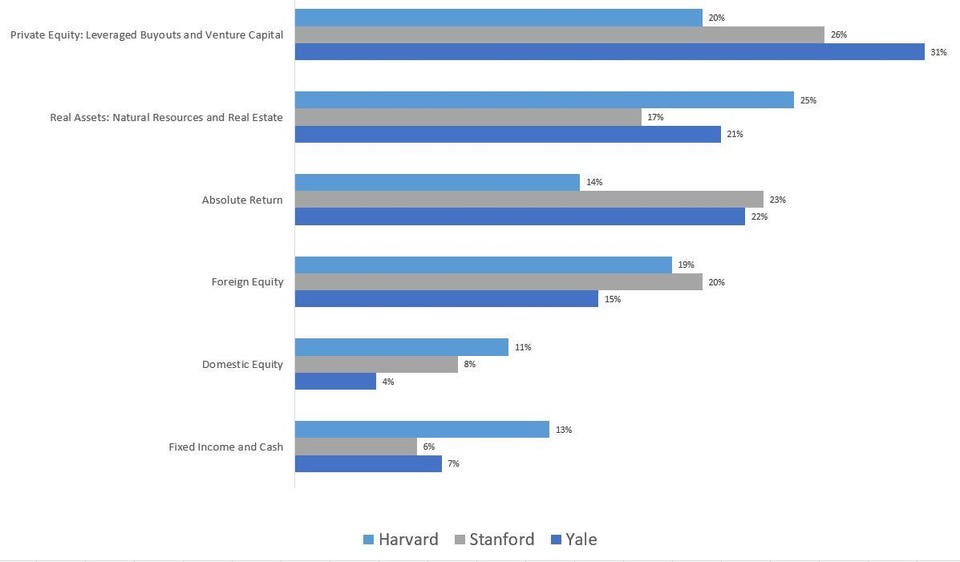.... Here is a better analogy. There are some baseball players that can hit a lot of home runs. There are some that cannot. When an MLB team goes to draft day and is looking to pick the best players, do they consider spending their time, effort, and money to pick an average player? Because over time it will simply average out that we will win the World Series...
.
I replied earlier, but I realize that missed a more important point.
To make this analogous to stock picking, we'd need to look only at the cost of the contract when we buy it, and the price we can sell it for later. A great baseball team can bring in fans, sell more hot dogs and beer, sell more t-shirts and caps etc. For a stock, we only have the buy/sell price (and divs, but those become part of the overall deal).
So I may pick a home run hitter with a great record, and assumed great future, and sign him with a nice 3 year contract (I have zero idea how baseball contracts actually work, but hopefully this is close enough or the analogy). So now the question is, on average, how much can I sell that contract for at a later date? He was expected to perform well, so that was factored into the price I paid. I guess for his contract to increase, he'd need to perform even better than expected? And if he performs worse, the contract will lose value. It seems hard to do better than average buying/selling baseball player contracts, if I need to count on the player doing better than expected (it's a paradox to expect someone to do better than expected!).
In fact, I might do better with the players without much record. They have lower expectations, and lower contract prices. If one of them turns into a Barry Bonds, that might pull my average way up.
.... Another way to look at it is that there are some high school basketball players that can dunk, though most of them cannot. Who are you going to pick for your team--the guy that can dunk, or the average guy that cannot? ...
Sure, but there is plenty of data that shows there is some pretty strong correlation between recent past performance and near term future performance for sports players. No one is going to sign me up for the NBA, and hope that I magically develop the ability to dunk the ball.
But where is this data for stock pickers? I was away from the forum when that other thread started and ended, and I didn't see any evidence presented to back that (though plenty was learned, but not what some intended).
You can probably show that
businesses that perform well in the recent past will perform well in the near future. But those expectations are baked in the price - it doesn't mean their stock will perform better than average of the market.
....
There you go again comparing picking investments to being lucky. ...
Well then, please show us evidence of successful stock picking system that is transferable to others and repeatable.
.... I don't have to beat the market EVERY YEAR to cumulatively beat the market over 20 years. ....
I don't think anyone asked for or expected that. But one would want to see the cumulative to beat the market over 5, 10, 15 year periods.
.... Sure, and I've done so. Most of my large growth investments is in several mutual funds, like FKDNX, FOCPX, FBGRX, ANEFX. I could show you some past data but you would respond with "backtesting is not predictive of the future" or something similar. Meanwhile, I happily go on beating the market.
But if you want average returns, that's your prerogative.
I want the highest returns I can get. So far, no one has demonstrated how to that better than taking the total market average.
Anecdotes are a tough sell. Again, random distirbution (not luck) would indicate that 50% of stock pickers should be able to beat the market. But we don't know which group they are in going into it, so it isn't useful information.
-ERD50

 .
.
